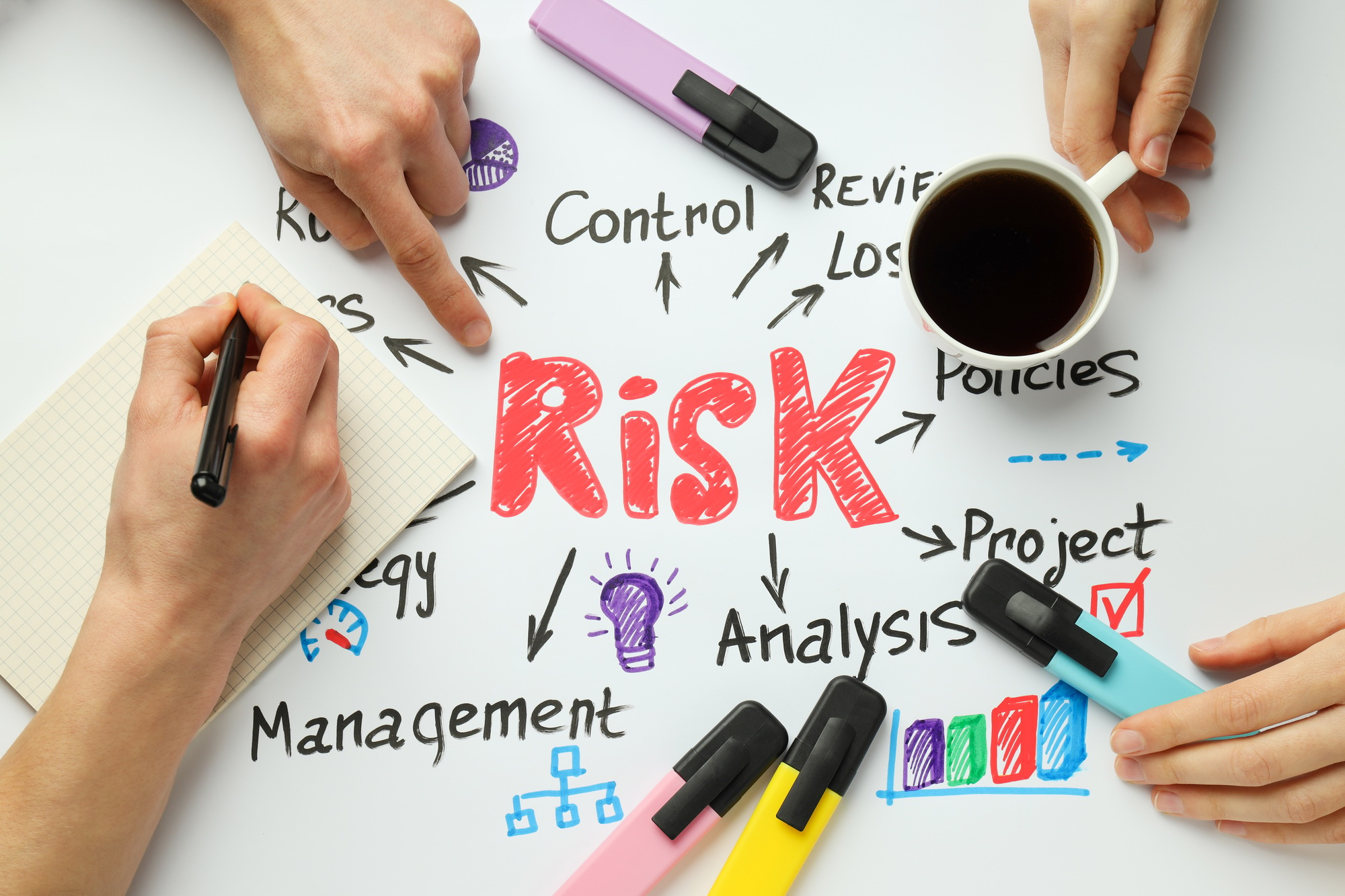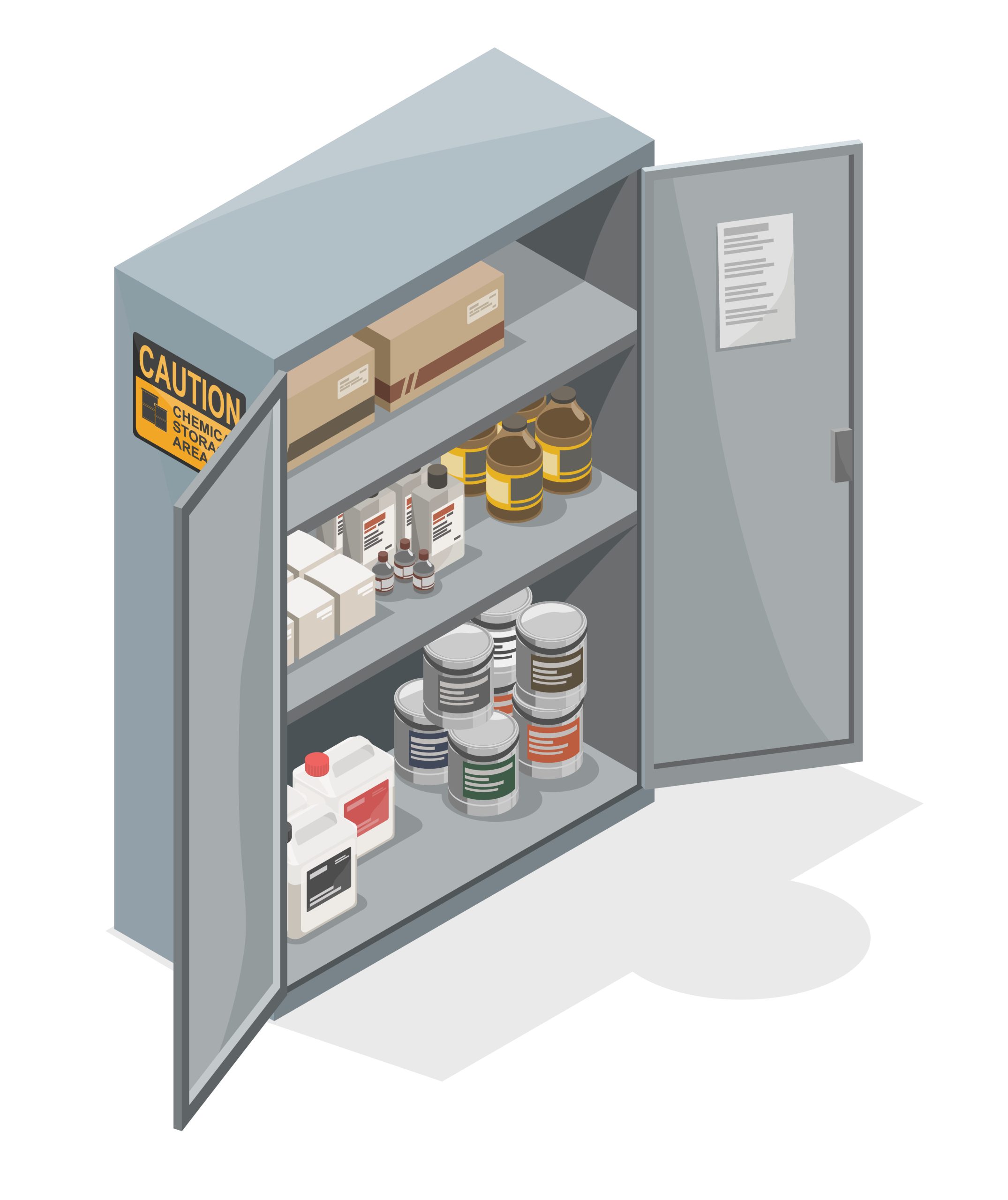Discover why technical theater training is essential for educators in school performing arts programs. "The Hidden Risks Backstage" outlines key safety roles, training requirements, and administrative responsibilities to ensure student and staff safety in educational theater settings. A must-read for school administrators committed to compliance and risk reduction.
Read More
The Master Carpenter: Behind the Scenes of Set Building Set building is one of the most crucial aspects of any production. It brings the script to life and creates the world in which the story takes place. But what goes into creating these intricate sets? Enter the master carpenter. The master carpenter is responsible for overseeing the construction and installation of all set pieces. They work closely with the production designer to ensure that the sets are built accurately and efficiently. From designing blueprints to selecting the right materials, the master carpenter must have a keen eye for detail and a thorough understanding of construction techniques. They must also be able to manage a team of carpenters and ensure that everyone is working together to meet the production's deadlines. In addition to building sets, the master carpenter is also responsible for ensuring that all sets are safe for actors and crew members. They must make sure that all structures are stable and that any special effects or stunts are executed safely. In the end, the master carpenter plays a crucial role in bringing a production to life. Without their expertise and attention to detail, the sets would not be as believable or as immersive. So the next time you watch a movie or a play, take a moment to appreciate the hard work and dedication that goes
Read More
This article breaks down the essentials of how high school theaters should properly store paint—safely, legally, and in a way that supports a clean, efficient, and educational production environment. Whether you’re a drama teacher, technical director, or student crew member, these best practices will help keep your theater program running smoothly behind the scenes.
Read More
The role of a production manager is crucial in streamlining operations and ensuring that a company's manufacturing process runs smoothly. From overseeing scheduling and inventory to managing personnel and handling equipment maintenance, a production manager's responsibilities are diverse and demanding. By effectively managing these areas, a production manager can minimize downtime, reduce costs, and increase productivity, ultimately improving the bottom line of the organization. In this article, we will explore the key functions of a production manager and the impact they can have on a company's success.
Read More
Audio supervisors play a crucial role in ensuring the best possible sound quality in various productions. They work closely with sound designers, engineers, and other audio professionals to ensure that every aspect of the audio is perfect. In this article, we will explore the specific responsibilities of audio supervisors and how they contribute to the overall success of a project. From choosing the right equipment to managing the mix, the role of an audio supervisor is essential for creating high-quality audio that enhances any production.
Read More
You may not see them on stage, but the stage manager is the real hero behind every successful production. From handling the logistics to ensuring everything runs smoothly, the stage manager is the unsung hero of the theater world.
Read More
The wardrobe supervisor is often the unsung hero of any production. While the stars of the show receive all the attention, it's the wardrobe supervisor who ensures that they look their best on stage or screen. They are responsible for everything from sourcing costumes to ensuring that each actor's outfit fits perfectly. Without them, a production would lack the polish and professionalism that makes it truly great.
Read More



